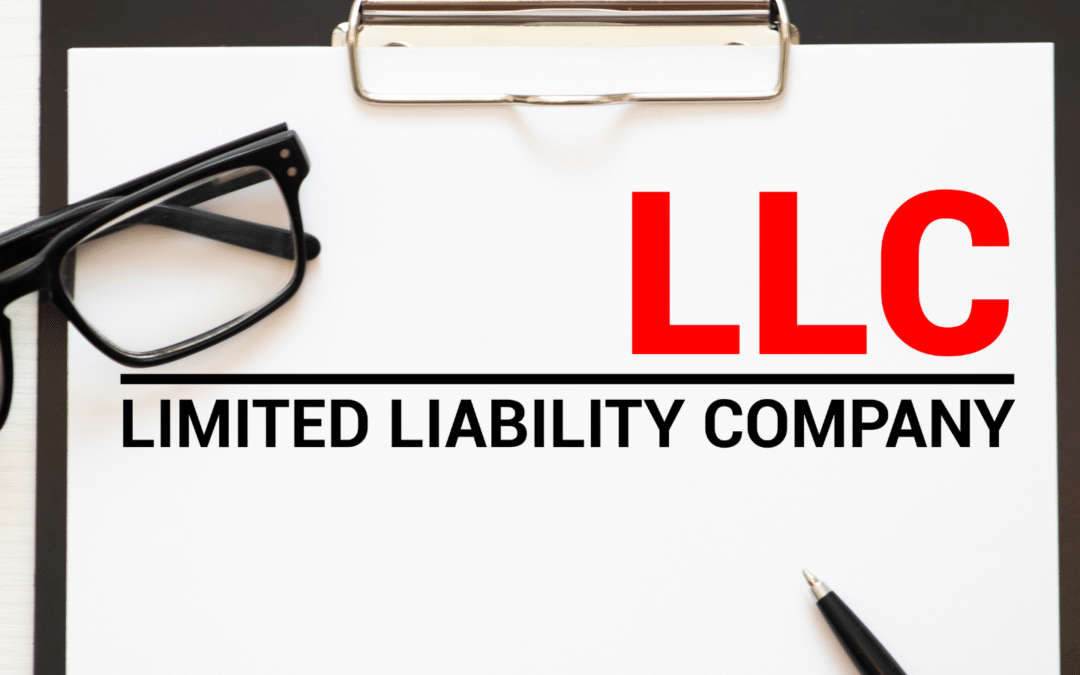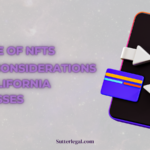Table of Contents
- A Limited Liability Company (LLC) definition
- The concept of Limited Liability
- The structure of an LLC
- Another crucial aspect of an LLC
- LLC requires
- Maintain an LLC
- In conclusion
A Limited Liability Company (LLC) definition
A limited liability company commonly called an “LLC,” is a business structure that is similar to a corporation, but less formal.
Business owners form LLCs to protect themselves from being personally liable for business debts.
A Limited Liability Company (LLC) is a specific type of business structure that offers its owners, who are often known as members, substantial legal protection from business debts and responsibilities.
The LLC design is popular among business operators who want to safeguard their personal assets while operating within a flexible business structure.
When exploring what an LLC entails and the unique advantages it offers, it’s integral to delve into its origins, structural attributes, and key features.
LLCs combine the pass-through taxation of a partnership or sole proprietorship with the limited liability of a corporation.
As in a partnership or sole proprietorship, income “passes through” the LLC to the LLC owners, and the owners report the business’s income on their personal income tax returns.
Unlike a corporation, the LLC itself is not a separate taxable entity.
The concept of Limited Liability
The concept of Limited Liability Companies originated from the legal principle of limited liability.
This principle postulates that a company is an independent legal entity, separate from its owners. Hence, an LLC’s members are not personally responsible for any debts or liabilities incurred by the business.
This characteristic is an essential attribute of an LLC, distinguishing it from other forms of businesses like sole proprietorships and partnerships in which the owner’s personal assets could be on the line for business debts.
Like owners of a corporation, however, all LLC owners are protected from personal liability for business debts and claims — a feature known as “limited liability.”
This means that if the business owes money or faces a lawsuit for some other reason, only the assets of the business itself are at risk. Creditors usually can’t reach the personal assets of the LLC owners, such as a house or car.
(However, both LLC owners and corporate shareholders can lose this protection by acting illegally, unethically, or irresponsibly.)
The structure of an LLC
Notably, the structure of an LLC is incredibly flexible.
While partnerships require at least two members and corporations need a board of directors, an LLC can be a single-member entity. Moreover, absent are strict formalities such as annual meetings, mandatory record-keeping, and boards of directors, characteristic of corporations.
The management structure of an LLC is also customizable. Members may choose to manage the company personally or hire managers to handle business operations.
Another crucial aspect of an LLC
Furthermore, another crucial aspect of an LLC is its tax structure, which enjoys pass-through taxation.
Unlike in a corporation where profits are subject to double taxation (once at the corporate level and again on individual tax returns), an LLC’s profits and losses ‘pass through’ the business and directly to the members.
Each member then reports this information on their individual tax returns. However, LLCs can also choose to be taxed as corporations if they find that it provides tax benefits.
LLC requires
Starting an LLC requires multiple steps, which may vary state by state, including choosing a unique business name, filing the “Articles of Organization”, and paying the necessary filing fees.
Most jurisdictions also necessitate the creation of an Operating Agreement that outlines the ownership distribution, operating procedures, and financial responsibilities of the LLC’s members.
Maintain an LLC
To maintain an LLC, certain ongoing requirements need to be met.
Typically, members are required to submit an annual report and applicable fees to the state.
Additional reporting requirements and liabilities are also often mandated, including maintaining a registered agent within the state of operation.
Yet, despite these numerous factors that favor LLCs, it is not a one-size-fits-all business structure.
Potential drawbacks include complex processes for transferring ownership and the reluctance of some investors to invest in LLCs over corporations.
Additionally, while the concept of limited liability provides significant protection, certain scenarios could lead to a personal liability exposure known as piercing the corporate veil.
In conclusion
For these reasons, many people say the LLC combines the best of partnerships and corporations.
The decision to form an LLC is an important one. Like a corporation, an LLC is meant to be a permanent legal entity, and it will exist — and incur taxes and fees, whether or not you are actively operating a business – until you take legal steps to dissolve it.
To ensure that all issues are considered and addressed appropriately, you should consult with private legal counsel prior to submitting formation documents to the Secretary of State.
You may also want to read: Lets Get Down to Business and Lets Protect Your LLC or Corp.






